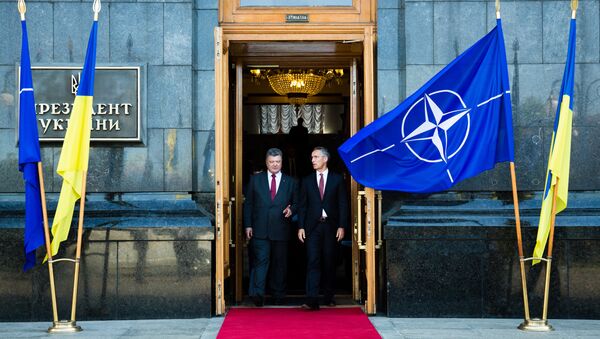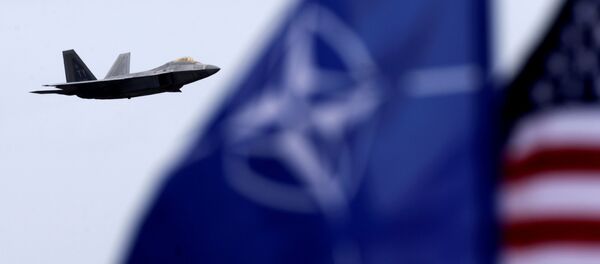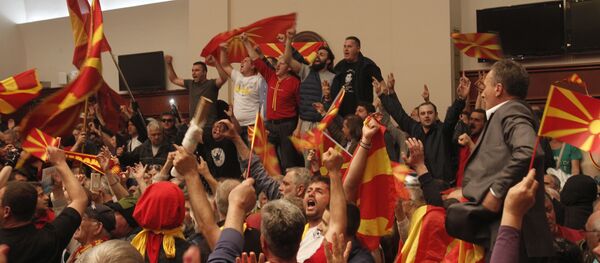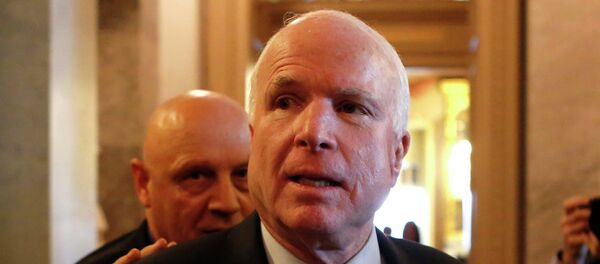The North Atlantic Alliance will hold its next summit in Brussels on May 25. US President Donald Trump will be in attendance. Among the key issues of the summit will be the distribution of responsibilities between NATO allies in the fight against international terrorism.
However, on the eve of the summit, the Heritage Foundation, a highly influential Washington-based think tank thought to be one of the Trump White House's key allies, signaled that NATO enlargement must also be an another important issue for Washington.
In its report, the think tank stresses that Washington "should continue to support NATO's open-door policy" for "deserving European countries." Pointing out that Macedonia, Bosnia and Georgia are now the "three official membership candidates," the report's authors add that NATO must "keep the door open" for Ukraine in the long term.
Commenting on the report's recommendations, political commentator and RIA Novosti contributor Igor Pshenichnikov suggested that it reads like a manual for those to whom it is addressed –i.e. the Trump White House. "The instructions are written in such a way as to avoid the implication that there are any alternatives. The reader cannot help getting the impression that this is Washington's official position."
As for the Heritage Foundation's point about Russia and its lack of "veto power" in the post-Soviet space, Pshenichnikov noted this bit is addressed to Moscow, as well.
Pshenichnikov pointed out that "the fact that Montenegrins held mass demonstrations demanding a national referendum on the issue didn't seem to concern anyone. Rather, it was a concern, but only in the sense that the vast majority of Montenegrins are pro-Russian, and because the outcome of the referendum would be predictably negative. Therefore, Dukanovic led his country into NATO not in the direct and honest way – through a popular referendum, but through the back door – through an obedient parliament."
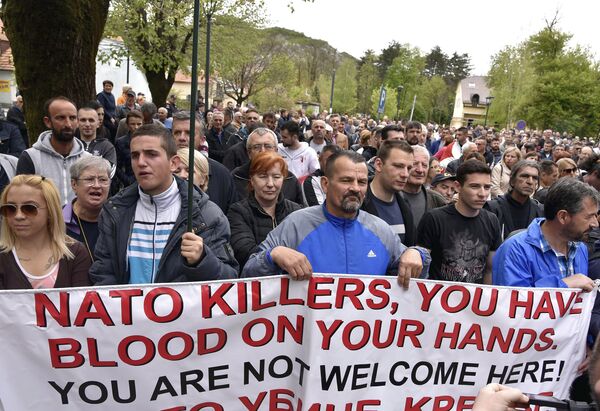
As for the Heritage Foundation, the think tank emphasized that "while it may be tempting to view Montenegro's accession to NATO as a closing ceremony for enlargement, that would be a substantial mistake. It is in America's interest that NATO's door remains open to deserving European countries." These include Georgia, Macedonia and Bosnia, with Ukraine a prospect for the distant future, according to the think tank.
Georgia, Macedonia, and Bosnia, With Ukraine in Tow
The Heritage Foundation recalls that Georgia was first promised eventual membership in NATO at the 2008 summit in Bucharest. The report blames France and Germany for blocking the country from receiving a Membership Action Plan (MAP). It accuses Russia of "invading" the country in 2008, and emphasizes that Georgia is an exemplary and loyal non-NATO ally to the US, having contributed thousands of troops and peacekeepers to missions in Iraq, the Balkans, Africa and Afghanistan.
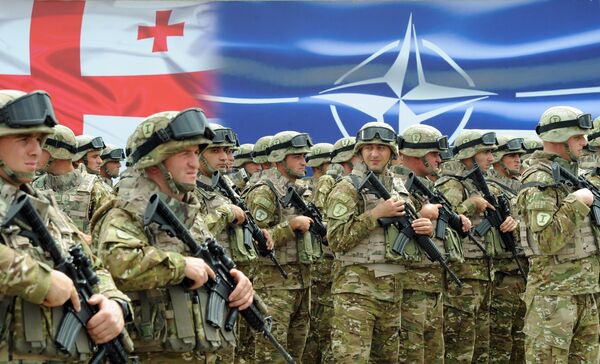
Bosnia is the next prospective candidate, having been granted its MAP in 2010. However, this is a hitch, or what Heritage calls the "additional challenge" of the former Yugoslav republic's "internal politics." The report points to problems in Republika Srpska, Bosnia's ethnically Serb region, but does not elaborate.
The "problem," Pshenichnikov noted, "is that Serbs, whether in Serbia or in Republika Srpska, are strongly opposed to NATO. Serbs were the main victims of NATO bombing campaigns, and they have been proclaimed by the collective West as being the guilty party for the wars in the former Yugoslavia. The country's bid for NATO membership was filed by the country's other part – the Muslim-Croat Federation of Bosnia and Herzegovina."
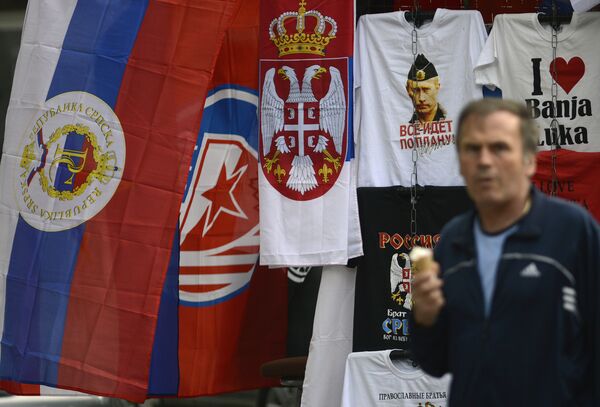
Noting that it is obvious that Washington strategists have long been engaged in drawing Kiev closer to Washington, Pshenichnikov added that they are simultaneously playing it safe and "keeping the country at a distance," accounting for an expectedly sharp Russian reaction. Naturally, the analyst wrote, "reading between the lines, Ukraine would have been accepted into NATO a long time ago" were it not for Moscow. "This is the golden dream of all Russophobes – to sever the blood bonds between Russia and Ukraine."
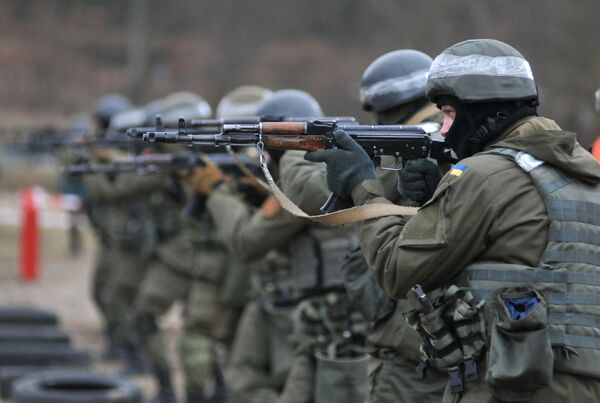
Ultimately, the journalist believes that for now, Washington will be unlikely to make any brazen attempt at further expansion in the former Soviet space, particularly as far as Ukraine is concerned. "Rather, they will wait for a moment when Russia will weaken and become unable to object to Ukraine's entry into NATO. But there is also a view out there that they may end up waiting forever."
